Choosing the right coating for your metal roof can be tricky. Many options promise to protect and extend its life. This article will guide you through selecting the best option, focusing on factors that matter most like durability and weather resistance.
Keep reading to find out more!
Types of Metal Roof Coatings
Different roof coatings protect metal roofs in unique ways. These include options like liquid plastics, rubbery substances, asphalt-based solutions, and advanced polymer blends.
Read Also:- Metal Building
Acrylic, Silicone, Elastomeric, and Bitumen-Based Coatings
Finding the right coating for metal roofs is key to their longevity and performance. Each type comes with its unique benefits tailored to different needs.
Acrylic Coatings
- These are water-based and offer a cost-effective solution for adding an extra layer of protection to metal roofs.
- They enhance UV resistance, helping your roof reflect sunlight and keep buildings cooler.
- Acrylic coatings are also known for their ability to resist weathering, which means they can handle things like rain and light snow well.
Silicone Coatings
- Known for their exceptional durability, silicone coatings stand up well against extreme weather conditions.
- They’re great at resisting UV radiation, making them ideal for areas with high sunlight exposure.
- Silicone offers excellent waterproofing capabilities, keeping water out and reducing chances of leaks.
Elastomeric Coatings
- These coatings stretch well, moving with your metal roof as it expands and contracts with temperature changes.
- Made from materials like silicone or acrylics, elastomeric coatings provide a watertight seal over the entire roof surface.
- They also offer good corrosion resistance, protecting the metal underneath from rust.
Bitumen – Based Coatings
- Derived from petroleum, these coatings are exceptional at waterproofing, making them suitable for rainy climates.
- They create a sturdy barrier against water infiltration and are often used on flat or low – slope roofs due to their thickness.
When applying any of these coatings, it’s important to prepare the surface by cleaning it thoroughly and fixing any damage. Tools like sprayers or rollers make the application easier and more uniform. Always wear protective gear to ensure safety during the process.
Key Properties of an Effective Roof Coating
A good roof coating keeps water out, fights off sun damage, and sticks well to your metal roof. Learn how these features can help your home.

Durability, Corrosion Resistance, Waterproofing, UV Resistance, Flexibility, Adhesion, and Low Maintenance
Choosing the best coating for a metal roof means looking at several key features. It’s important to pick a coating that will protect the roof for years. Here are some critical properties to check:
- Durability – This is how well the coating can handle wear and tear over time without breaking down. Durable coatings help metal roofs last longer under harsh sun and heavy rain.
- Corrosion Resistance – Metal roofs face the risk of rusting. Coatings that resist corrosion stop rust before it starts, keeping the roof strong.
- Waterproofing – A great coating creates a watertight seal on the roof. This stops water from leaking into buildings during storms.
- UV Resistance – Sunlight can damage roofs over time. UV-resistant coatings protect against this, keeping roofs safe from sun harm.
- Flexibility – Roofs expand and contract with temperature changes. Flexible coatings move with the metal, preventing cracks.
- Adhesion – The best coatings stick well to metal surfaces without peeling off. Good adhesion ensures a long-lasting protective layer.
- Low Maintenance – Once applied, these coatings need little upkeep, saving time and money on roof maintenance efforts.
Each of these features plays a crucial role in protecting metal roofs from damage and extending their life span.
Next up, let’s explore how to properly apply these coatings for maximum effect.
Factors to Consider When Choosing a Coating
When picking a coating for your metal roof, think about the kind of metal it’s made from and the weather it faces. Each type of coating works better with certain metals and climates, helping your roof stand up to rain and sun.
Type of Metal Roof and Climate Conditions
Different metal roofs need various coatings. Aluminum or steel sheets, for example, might benefit from a polyvinylidene fluoride layer for exceptional weather resistance. This type of coating stands up well against rain and UV rays, keeping the roof cooler and more energy-efficient.
In areas with lots of rain or near the ocean, a zinc layer helps fight off corrosion.
Climate plays a huge role in picking the right coating. In hot climates, look for coatings that reflect heat to keep buildings cooler. For places with harsh winters, elastomeric or rubber coatings offer better flexibility to handle temperature swings without cracking.
Always match the coating to both your metal roofing material and local weather patterns for best results.
The right coat makes all the difference – choose wisely based on climate and roofing.
Safety
Workers need to wear the right protective gear such as gloves, goggles, and masks while applying coatings. This protects them from harmful chemicals in coatings like acrylic or silicone.
They must follow safety rules when using tools like spray guns to apply coatings on metal roofs. These steps prevent accidents and protect workers’ health.
Surface preparation is also key for a safe working environment. Ensuring areas are clean and free of debris before starting helps avoid slips and falls. Workers should always secure their footing, especially when working on high surfaces like roofs.
Following these guidelines ensures everyone stays safe during the coating process.
Safety in every step ensures a job well done without harm.
Read Also:- Metal Cutting
Conclusion
Choosing the right coating for a metal roof means looking at many things. You have to think about the weather, what your roof is made of, and how you want it to look and last over time.
Rubber coatings like SEBS stand out because they stretch well and are strong. Silicone options are great for tough weather, offering solid protection against rain and sun. Acrylic choices work well on older roofs and add a fresh look while fighting off water and heat.
Each type has its own way of making sure your metal top stays safe from leaks, rust, and damage. So, picking the best one depends on your specific needs, but know that high-quality options are out there ready to guard your roof against whatever comes its way.
Our Recommended Professional Metal Roofing Contractor in San Antonio
Name : Metal Roofing Pros
Address : 2881 Graham Rd, San Antonio, TX 78234
Phone : (726) 238-3650
FAQs
1. What makes a good coating for metal roofs?
A good coating for metal roofs should be water-resistant, corrosion-resistant, and reflect heat to improve energy efficiency.
2. How does climate affect the choice of metal roof coating?
The choice of metal roof coating depends on your local climate and weather conditions. Some coatings are better suited for hot climates because they reflect heat, while others are designed to protect against corrosion in wet or coastal areas.
3. What is zinc coating used for on metal roofs?
Zinc coating is applied to metal sheets and flashings to prevent rust and extend the life of the roof by providing an extra layer of protection against moisture.
4. Can a special basecoat improve my metal roof’s performance?
Yes, applying a specialized basecoat can enhance your metal roof’s water resistance and durability before adding the final roofing coatings.
5. Are there any additional elements I need to consider when choosing a coating for my metal deck or roof?
When selecting a coat for your deck or metallic roofing system, consider how well it bonds with bolts and EPDM (a type of durable rubber) if used in construction; this ensures all parts of your roof work together effectively against environmental factors.


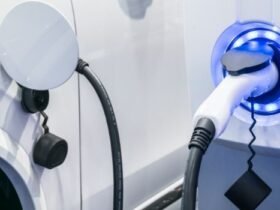
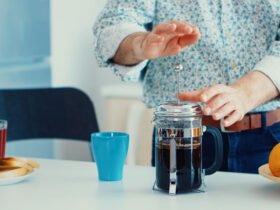
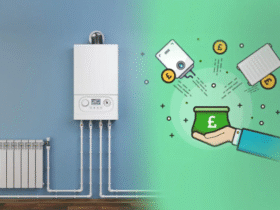

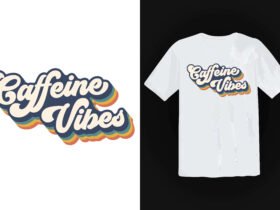
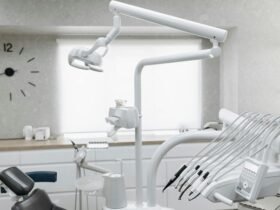

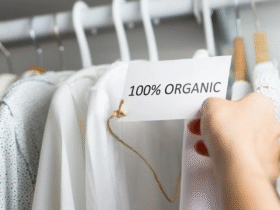




Leave a Reply